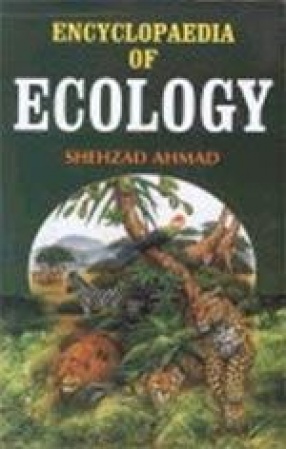
Showing all 9 books

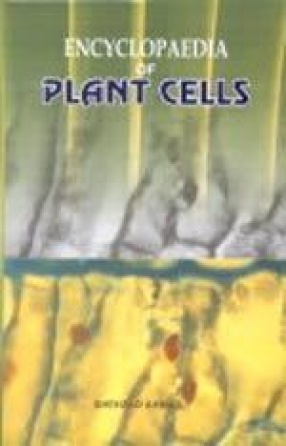
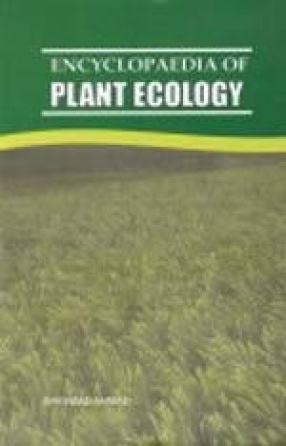
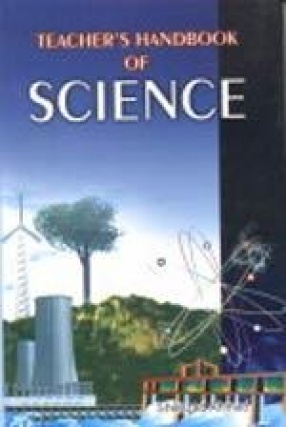
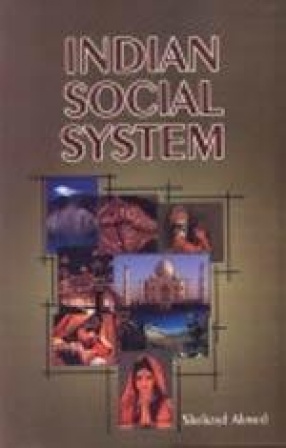


Ecology is the study of living beings in their environment, especially how they relate to each other. Broadly speaking, all the living beings and their direct or indirect relation to the non-livings, constitute the eco-system. For a healthy life, it plays a vital role. And for a sound eco-system, a few precautions, taken by man, are necessary. This multi-volume encyclopaedia on ecology is a precious present to every human being, as it explores various aspects of ...

Plants are essential for all living beings. Plants provide oxygen to human beings for breathing and also grains for food. Plants are most accountable for the ecological balance. The body structure of the plants has several parts, which are known as the organs of the plant and all the organs combine to form the whole body. Organs are made up of tissues and tissues are made up of cells. Cell is the smallest part of the body structure, therefore it is known as the ...

Plant ecology is a newer sub-discipline of ecology. Plant ecology is the study of plants and trees etc. in their environment, especially how they relate to each other. In fact, all the living beings including plants and their direct or indirect relation to the non-livings, constitute the ecosystem. For a healthy life, they all play vital roles and for a sound ecosystem, a few precautions, taken by us, are necessary. This work is a precious gift to every one ...

Environmental education is rather a new academic discipline, which has joined wider popularity these days. The present volume entitled Teacher's Handbook of Environmental Education, gives an elaborate treatment to many vital issues pertaining to the theme. The information contained herein will prove of utmost use to students, teachers, researchers and educationists.

Preface. 1. Educational elements. 2. New experiments. 3. Scientific backdrop. 4. Role of teacher. 5. Organised teaching. 6. Teaching behaviour. 7. Objectives of teaching. 8. Teaching methods. 9. Specialised teaching. 10. Personalised teaching. 11. Audio-visual aids. 12. Practical application. 13. Planning lessons. 14. Curriculum development. 15. Global syllabus. Bibliography. Index.

India is a home of several castes, tribes, ethnic groups and communities with varied social backgrounds. Each one of them has its own distinct identity in terms of traditions, festivals, habits and patterns of living. Yet, they all constitute a single and integrated nation. It is this paradoxical aspect, which Jawaharlal Nehru, the first Prime Minister of Independent India, called 'Unity in diversity'. For such a wide variety of socio-cultural factors, India is ...

Social justice is one of the greatest virtues of humanity. In fact, it is a divine attribute given to Man on the earth. Though, one of the toughest jobs, ensuring social justice has, now, become a matter of serious concern. Social injustice is rampant to the extent that only the powerful and wealthy win all the goals in society. In Constitution of India, there are provisions for social justice with justice of every kind, i.e., economic justice, political justice, ...
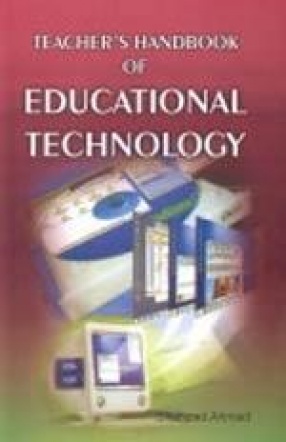
Educational technology has proved a boon to teachers and students alike. It helps in comprehension of the subject matter easily and effectively. As such, now educational technology is being used more and more in classrooms.
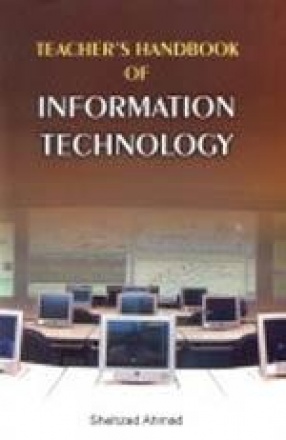
The present age is the era of information and knowledge. Information technology has ushered in a era where time, space, distance etc. have lost the conventional meaning. This book addresses all vital issues of IT, relevant to teachers. Definitely, the information contained herein will prove of utmost use to students, teachers, researchers and educationists.
